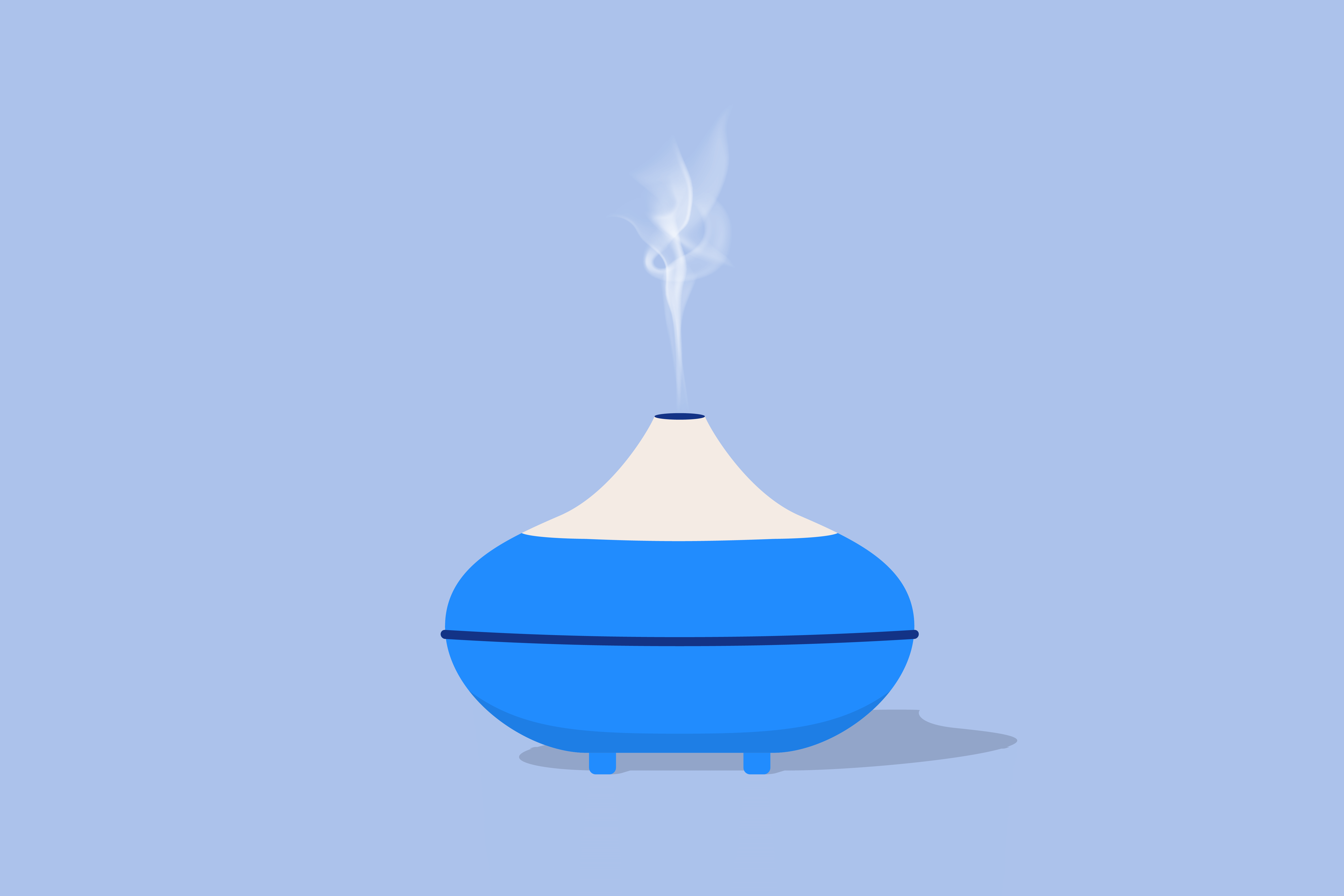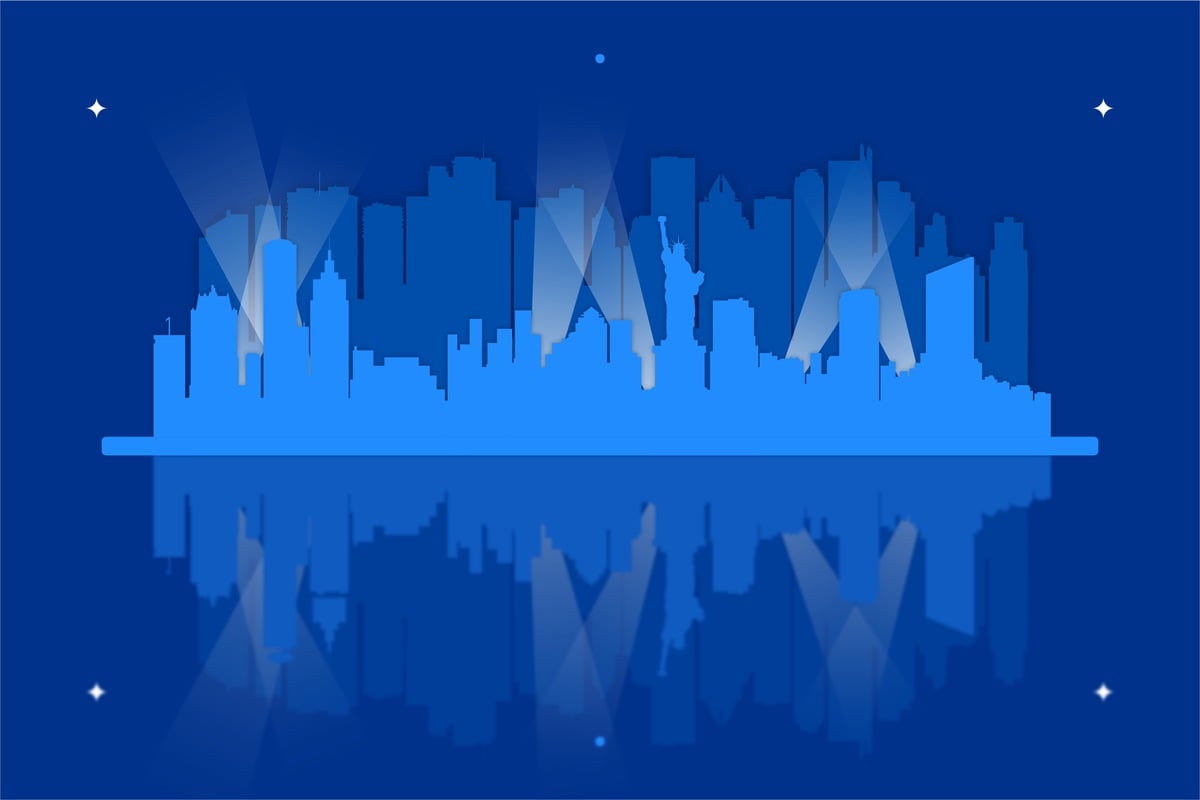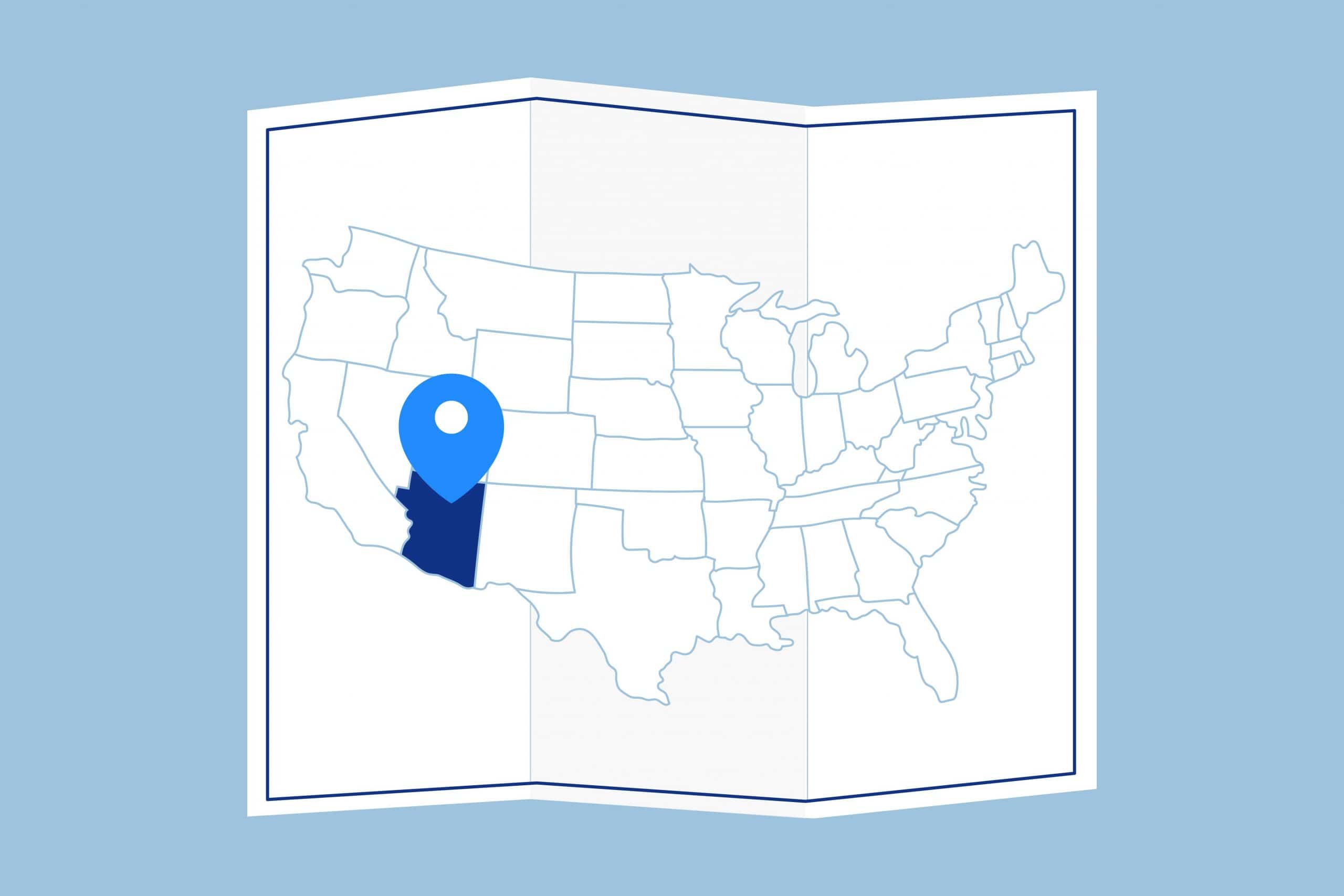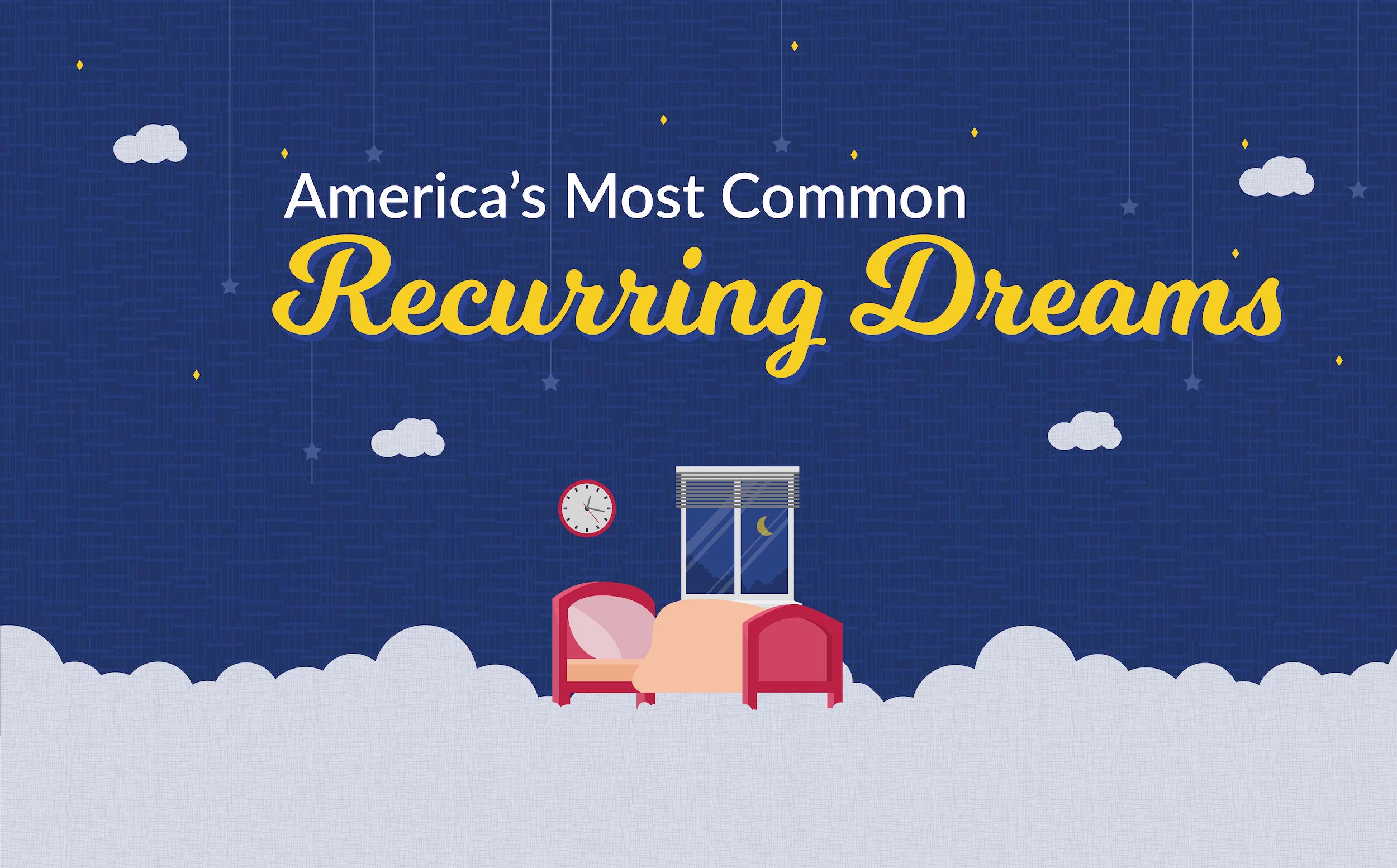Key Takeaways
- How Prevalent Are Sleep Troubles: Sleep issues are a widespread concern across the United States, with people turning to Google to seek information and solutions. Over 103 million Google searches were performed for sleep-related issues in 2019, indicating a significant interest in understanding various sleep disorders and their remedies.
- Highest Concern Is Sleep Apnea: Sleep apnea emerged as the most frequently Googled sleep-related condition, followed closely by insomnia and narcolepsy. There were notable regional variations in the prevalence of specific sleep-related concerns, with different states demonstrating varying levels of interest in understanding and addressing different sleep disorders.
- Be Careful with What You Read: Despite the wealth of information available online, it is important to approach online information with caution, recognizing that not all search results indicate an individual’s personal experiences or medical conditions. While the internet can provide valuable insights, it is crucial to consult a healthcare professional for personalized advice and treatment.
Every night, everywhere around the United States, people are having trouble sleeping. And in this millennium, when people have trouble, where do they turn? To Google, of course. Across the nation, people are asking “Dr. Google” for help and information about their sleep issues.
In fact, the world’s biggest search engine may actually know more about us than our own doctors do.
The more frequently a term appears in a Google search, the more important it is to a significant number of searchers. We wondered how that information could be harnessed to understand Americans’ concerns about sleep, and how it breaks down geographically around the country. (Of course, the results don’t necessarily mean the searchers actually have the symptoms they search for; people look up things online for many reasons. Our results simply suggest these are the issues that concern people in each state.)
To understand the sleep issues Americans are wrestling within different parts of the country, we analyzed 4 years of queries for 322 sleep-related terms—a total of 237.3 million searches in all! We found that Americans turn to Google to find answers about sleep issues almost 5 million times every month (that’s 4,942,920 searches, on average).
Here are a few things we learned:
- Sleep is a concern everywhere in America. Roughly 1 million sleep-related searches happened annually on Google during each of the four years we studied.
- Sleep apnea was by far the most frequently Googled term in 2019, with more than 17 million searches—outpacing the second most popular search by 25%. Massachusetts residents search for apnea-related terms more often than any other state, and Arkansas the least.
- Insomnia remains a nationwide concern, with nearly 13 million searches. The majority of those are in California, whose residents searched for related terms more than twice as often as Montana (the state least concerned about the inability to sleep).
- Night sweats are a particular concern in New England, while western states are the least concerned about them.
- Californians are much more interested in sleep paralysis than residents of any other state. Even when the population is taken into account, California residents searched terms related to “sleep paralysis” 10% more often than the next most interested state (Texas) and twice as often as residents of Montana.
- Narcolepsy is the third most frequently Googled subject, with just over 9 million searches, and the one for which Virginians search most frequently. Alaskans are least interested.
- North Dakotans look to Google most often to understand triggers and options for treatment of restless leg syndrome. Californians were least likely to search for this info.
- Sleepers along the Eastern Seaboard want to know about grinding teeth nearly twice as often as those in the South and Midwest.
- Snoring is a lesser concern according to Google than many other sleep-related subjects, but New York and New Jersey residents lead the country in those looking to figure out why some people snore, what different snoring sounds mean, and how to stop snoring.
- Inhabitants of Hawaii, perhaps predictably, Googled jet lag most frequently.
- Washington state residents are most interested in finding out more about “exploding head syndrome.” (Uh, yep … Google it.)
As we examined a breakdown of this analyzed information by state, we determined that while a lot of people across the country may be Googling the same searches in general, there is a wide variety of terms and conditions they search for individually or at least within the same geographical population. The search terms fell broadly into 35 parent categories.
Most Frequently Googled Sleep Issues by State
Which sleep-related term does your state Google more often than any other state?
We collected and identified the keywords that residents of each state search for significantly more often than people in other parts of the country. When states ranked high for more than one term, we chose the one with the greatest difference between the No. 1 and No. 2 states.

We identified and collected a wide variety of search terms that range from familiar concepts like insomnia and sleep paralysis to tongue-twisting Latin names for conditions such as cataplexy, somniloquy, nocturia, hypersomnia, and somnambulism.
Longer searches ranged from prosaic, like the question “How long can you go without sleep?” to the more baffling exploding head syndrome, the phenomenon of being awakened by extremely loud but imaginary noises… which makes us really curious to know what’s going on in Washington state.

The Most Frequently Googled Sleep Issues
In total, Americans performed Google searches for sleep-related issues more than 103 million times in 2019, showing an overwhelming interest in sleep apnea and insomnia.
Search counts show that Americans were more interested in sleep apnea than any other sleep-related issue, with 17,146,330 million searches outpacing by 25% the second most popular search, for insomnia — still a considerable concern itself, with 12,852,800 searches.
Issues as varied as narcolepsy, sleep paralysis, dreams, and restless leg syndrome follow closely behind those leaders, returning between nearly 8 million and more than 9 million searches each for the year.
It’s important to remember that not all people who Google these issues suffer from them, and search results do not necessarily represent the actual number of Americans who experience the problem.
For example, even though sleep apnea was the most frequently Googled condition, it’s reported that obstructive sleep apnea affects 5-20% Verified Source National Sleep Foundation Nonprofit focused on educating about sleep health. View source of the adult population. It’s insomnia, though, that ranks as the most common specific sleep disorder, with short-term issues reported by about 30% of adults.
Sleepwalking, which appears halfway down the list of Google results, occurs in about 8.4 million people, or 3.6% of the population, and snoring effects about half of all people Verified Source American Academy of Sleep Medicine Society focused on sleep medicine and disorders, and the AASM is who authorizes U.S. sleep medicine facilities. View source at some point in their lives.
State Rankings for Common Sleep Issues
We ranked each state in order of how frequently its inhabitants searched for different terms related to sleep disorders. These are states that searched Google most and least frequently in each category of sleep-related search terms.
Sleep Apnea
Sleep apnea Verified Source Mayo Clinic Ranked #1 hospital by U.S. News & World Report and one of the most trusted medical institutions in the world. The staff is committed to integrated patient care, education, and research. View source is a potentially serious sleep disorder in which breathing repeatedly stops and restarts. Symptoms can include loud snoring, gasping for air while sleeping, insomnia, waking with a dry mouth, and others. In the most severe cases, a sleeper can repeatedly go without breathing for several seconds at a time, eventually depriving the brain of adequate oxygen.There are three types:
- Obstructive sleep apnea – the most common form of apnea, occurring when the throat muscles relax too much to allow normal airflow.
- Central sleep apnea – occurs when the brain doesn’t send the right signals to the muscles that control breathing.
- Complex sleep apnea syndrome – also may be known as treatment-emergent central sleep apnea, which occurs when someone has both obstructive and central sleep apnea.
We identified 41 terms related to sleep apnea, collected the searches in each state for these terms, and adjusted for population. These are the top and bottom states looking to Google to understand the signs, symptoms, causes, risks, best treatments, and more for sleep apnea.

Massachusetts is the top state to Google sleep apnea-related search terms at 29,139 searches per million residents, with New York and Virginia following closely. Arkansas is the state with the fewest sleep apnea searches.
It comes as no surprise that sleep apnea is the sleep issue most frequently searched for because of its implications in other serious conditions, Verified Source Mayo Clinic Ranked #1 hospital by U.S. News & World Report and one of the most trusted medical institutions in the world. The staff is committed to integrated patient care, education, and research. View source such as Type 2 diabetes, high blood pressure, liver dysfunction, and metabolic syndrome.
Apnea is also associated with hypoxia (also known as hypoxemia), a breathing disorder characterized by abnormally low oxygen levels in the blood. If you snore or have insomnia, it’s not certain that you have sleep apnea, but the only way to know for sure is to visit a doctor for a proper diagnosis.
A common effective treatment for sleep apnea is the use of a continuous positive airway pressure device or CPAP. This is a mask that fits over the nose and mouth to gently blow air into the airway to help keep it open during sleep. Experts estimate that approximately 8 million sleep apnea sufferers use CPAPs to help them breathe normally while sleeping.
Insomnia
Insomnia is characterized as difficulty falling and/or staying asleep. Short-term insomnia is common among U.S. adults and can last for a few days or weeks. The long-term insomnia sleep disorder can last for months or even years and may call for a trip to the doctor for a proper analysis.
We looked at 24 terms related to insomnia, put them together by state, and adjusted for population. These are the top and bottom states looking to Google for the causes, remedies, best treatments, and more for insomnia in adults and children.

Insomnia clearly remains a nationwide concern, racking up nearly 13 million Google searches in total. The majority of Google searches for insomnia originate in California, whose residents searched for related terms more than twice as often as Montana, the state seemingly least concerned about the inability to sleep.
There are many different types of insomnia, including:
- Acute insomnia – caused by a life event and often resolves without treatment
- Chronic insomnia – a long-term pattern of difficulty sleeping with many causes
- Comorbid insomnia – insomnia that occurs within another condition
- Onset insomnia – difficulty falling asleep at the beginning of the night
- Maintenance insomnia – the inability to stay asleep
Symptoms include daytime sleepiness, problems concentrating, fatigue, forgetfulness, and irritability. Treatment options for insomnia can include relaxation training and behavioral or cognitive therapy methods.
Narcolepsy
Narcolepsy is a chronic neurological disorder Verified Source National Library of Medicine (NIH) World’s largest medical library, making biomedical data and information more accessible. View source that affects the brain’s ability to control its sleep-wake cycles. Narcoleptic people often fall asleep suddenly and unexpectedly during waking hours, usually for short periods.We identified 12 terms related to narcolepsy, collated them by state, and adjusted for population. These are the top and bottom states looking to Google for the definition, symptoms, causes, and best treatments for narcolepsy.

With slightly more than 9 million searches, narcolepsy is the third most frequently Googled subject and the one for which Virginians search most frequently. Alaskans are least interested. It’s estimated that anywhere from 135,000 to 200,000 people have narcolepsy, though the number may also be greatly underreported since the condition often goes undiagnosed or misdiagnosed.
Narcolepsy is sometimes confused with hypersomnia, a neurological disorder characterized by excessive sleepiness. No matter how long a person with hypersomnia may spend sleeping (and often, it’s an excessive number), they still feel tired and lethargic during the day, as if they just cannot get enough sleep.
Narcolepsy is a separate condition, in which sleep overtakes a person suddenly and without warning during waking hours. People with narcolepsy are known to fall asleep quickly at any point during the day, whether they’re out to lunch with a friend or doing something more potentially hazardous, like driving a car. So the dangers associated with narcolepsy don’t come from the condition itself, but rather the effects of living with it.
There are two types of narcolepsy: Type 1 with cataplexy and Type 2 without cataplexy. Cataplexy can also manifest without narcolepsy.
Cataplexy is the first symptom to appear in 10% of all narcolepsy cases, is the sudden loss of muscle tone. Symptoms may range from a barely visible eyelid droop to a full-body collapse. Each episode typically lasts only a few minutes, followed by a return of normal muscle tone and function. There is no cure, but some symptoms can be treated with medical treatment and lifestyle changes.
Restless Leg Syndrome
Restless legs syndrome Verified Source Mayo Clinic Ranked #1 hospital by U.S. News & World Report and one of the most trusted medical institutions in the world. The staff is committed to integrated patient care, education, and research. View source is a condition that causes an uncontrollable urge to move the legs, usually in response to an uncomfortable sensation. Also known as Willis-Ekbom disease, the condition can begin at any age and often gets worse as time passes.We looked at 24 terms related to restless leg syndrome, collected the searches in each state for these terms, and adjusted for population. These are the top and bottom states looking to Google to understand the causes and triggers for restless leg syndrome and options for treatment and relief.

North Dakotans look to Google most often to understand triggers and options for treatment of restless legs syndrome, followed by Vermont and New Hampshire. Californians were least likely to search for this info.
While there is no particular cause for restless legs syndrome, researchers believe it may be caused by an imbalance of the brain chemical dopamine, which sends messages to the brain to control muscle movement. Restless legs syndrome also may run in the family and can become more prevalent in expecting mothers during the last trimester. Fortunately, symptoms usually disappear after delivery.
Many medical conditions and treatments are associated with the development of restless leg syndrome, including iron deficiency, kidney dysfunction, hypothyroidism, depression, fibromyalgia, Parkinson’s disease, diabetes, rheumatoid arthritis, peripheral neuropathy, pregnancy, or dialysis. Caffeine, other substances, and certain medications also can exacerbate symptoms. If restless leg syndrome is affecting your daily quality of life, talk to a doctor, even if you don’t think it’s a serious condition.
Sleep Paralysis
Sleep paralysis is the state of feeling immobilized, unable to move or speak, while falling asleep or waking. It is not a dangerous or harmful condition, and episodes last just a few seconds to a few minutes. However, being conscious yet unable to move can cause anxiety.
In many ways, it’s the opposite condition from somnambulism Verified Source Mayo Clinic Ranked #1 hospital by U.S. News & World Report and one of the most trusted medical institutions in the world. The staff is committed to integrated patient care, education, and research. View source (walking in one’s sleep) or somniloquy (talking in one’s sleep). The sensation can even be accompanied by hallucinations and fear. Some sufferers feel like something is holding them down or choking them.
We looked at 10 terms related to sleep paralysis, put them together and adjusted for population. These are the top and bottom states looking to Google to understand what causes sleep paralysis, how serious it is, and how to prevent it from happening.
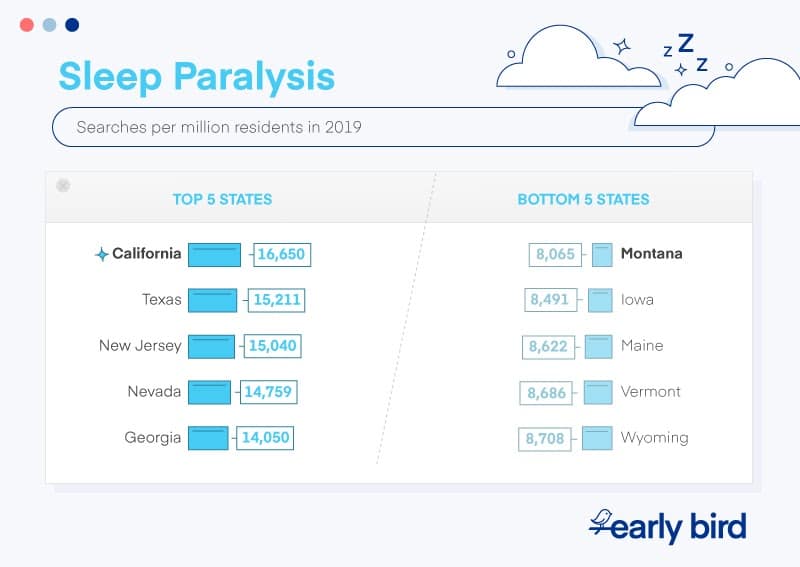
Californians are much more interested in sleep paralysis than residents of any other state, searching for related terms 10% more often than residents of Texas, the next most interested state, and fully twice as often as residents of Montana, the state least curious about sleep paralysis.
Sleep paralysis mostly happens as a signal that a person’s body isn’t moving smoothly through the stages of sleep. Symptoms occur when someone is passing between stages of wakefulness and sleep, during one of two periods: while falling asleep (called hypnagogic or predormital sleep paralysis), or while waking up (called hypnopompic or postdormital sleep paralysis).
It’s believed that as many as four people out of 10 may experience bedtime immobilization, showing that it’s not as rare as people may believe. Symptoms can be triggered by jet lag, sleep deprivation, or simple stress. Among sleep disorders, sleep paralysis ranks at a low level of severity, so there’s no real treatment involved except improving sleeping habits and trying to relieve stress.
Night Sweats
Night sweats Verified Source Healthline Hub for information written by health experts and peer-reviewed by board-certified physicians. View source refer to excessive sweating during the night. While this may be uncomfortable, it’s rarely a serious symptom.We looked at 18 terms related to night sweats, collated them by state, and adjusted for population. These are the top and bottom states looking to Google to understand what causes night sweats in men and women, and what they can do about it.

Night sweats are a particular concern in New England states, led by Vermont, then Massachusetts and New Hampshire, while western states seem least concerned about them. New Mexico residents Google night sweats the least frequently—followed closely by Hawaii, a climate where, presumably, night sweats are not a widespread problem.
One of the most common symptoms of menopause in women is night sweats, and they can also be caused by other medical conditions such as infections, tuberculosis, HIV, cancer, or congestive heart failure in both women and men. Excessive caffeine or certain medications can also cause night sweats.
While night sweats themselves aren’t a real cause for concern, they may be a sign of an underlying medical condition that does need treatment.
Bruxism (Grinding Teeth)
Clenching or grinding teeth during sleep is referred to as sleep bruxism, Verified Source Mayo Clinic Ranked #1 hospital by U.S. News & World Report and one of the most trusted medical institutions in the world. The staff is committed to integrated patient care, education, and research. View source considered a sleep-related movement disorder.
Certain risk factors increase the likelihood of bruxism, such as stress, age, personality type, and association with other disorders such as Parkinson’s disease and night terrors. People who clench or grind their teeth at night are more likely to also experience other sleeping disorders such as snoring, and teeth grinding is commonly connected to sleep apnea.
We looked at 13 terms related to bruxism, put them together and adjusted for population. These are the top and bottom states looking to Google to understand why some people grind or gnash their teeth at night, and what remedies or treatments exist to stop teeth grinding at night, including mouth guards.
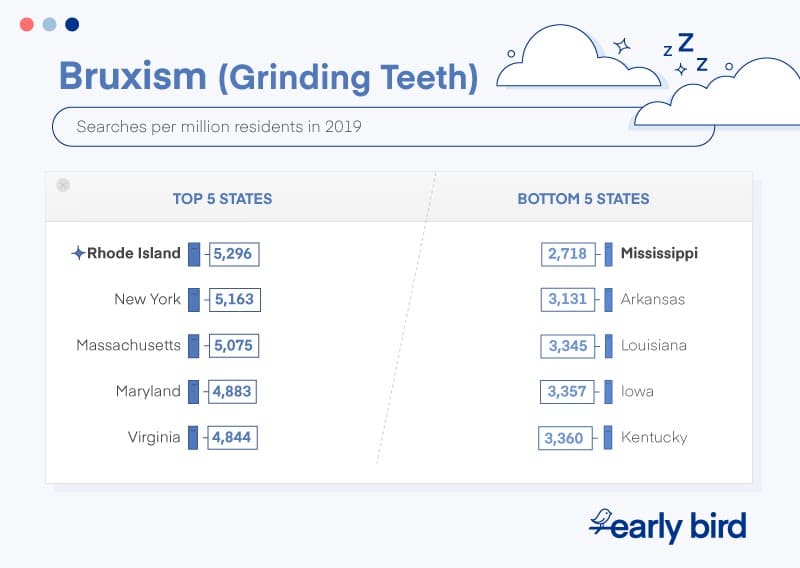
Sleepers along the Eastern Seaboard, especially in leaders Rhode Island, New York, and Massachusetts, want to know about grinding teeth nearly twice as often as those least interested, in the southern states of Mississippi, Arkansas, and Louisiana.
Mild bruxism generally doesn’t require treatment, but if the condition is severe enough, it can lead to jaw disorders, headaches, and damaged teeth. Relieving the factors that cause stress or anxiety in your life may help.
A dental approach to correcting bruxism is to wear a mouthguard while sleeping, so the teeth are separated and unable to grind against each other. In more severe cases where bruxism has led to sensitivity or the inability to chew properly, dentists may need to correct damage to teeth. However, there are other ways to stop grinding teeth at night.
Snoring
What exactly is snoring? Verified Source National Sleep Foundation Nonprofit focused on educating about sleep health. View source While you sleep, the muscles of your throat relax, your tongue falls backward, and your throat becomes narrower. While you breathe, your throat walls begin to vibrate — and the narrower your airway becomes, the louder the vibration gets, which means the louder the snoring gets.
We looked at 5 terms related to “snoring,” collated them by state, and adjusted for population. These are the top and bottom states looking to Google to figure out why some people snore, what different snoring sounds mean, and how to stop snoring.
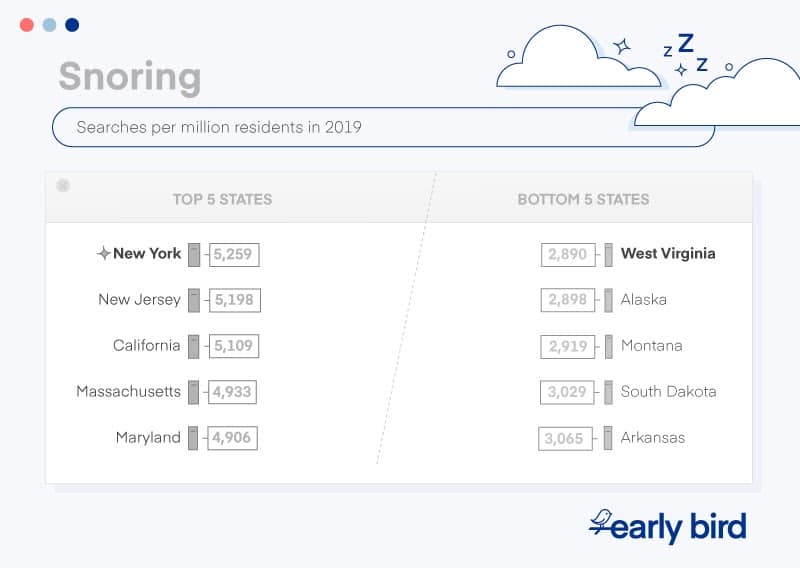
Snoring is a lesser concern, according to Google, than many other sleep-related subjects, but New York and New Jersey residents lead the country in researching on snoring—asking why some people snore, what different snoring sounds mean, and how to stop snoring. West Virginia, Alaska, and Montana seem least concerned about snoring.
It’s hard to get a good night’s rest if your spouse or child is a loud snorer, but because it’s extremely common among people of all ages and genders, the chance of being a snorer is high. The risk of snoring does increase if you’re male or overweight.
Nasal problems or sleep deprivation all may cause snoring—and sometimes you’ll snore simply because you’re sleeping on a different side than usual.
Sleep studies can be done to determine the severity of snoring, but often it’s not a serious problem unless it’s linked to sleep apnea or another issue. Before diagnosing a sleep disorder and recommending treatment, a doctor likely will recommend first losing weight and sleeping in a position besides the back to see if the problem corrects itself.
Conclusion
If you’re one of the few people who can get a good night’s sleep every night, consider yourself very blessed and don’t take it for granted. No matter where you live or what your state most frequently searches for, we all have trouble sleeping sometimes. And we want to know what’s wrong instantly, so we turn to the Internet for answers, which can provide helpful remedies or prompt a multitude of other questions about we can fall asleep quickly.
Advancements in technology have made health-related information readily available, but is it always reliable? Now, one restless night can send us down a rabbit hole, asking Dr. Google, “Why can’t I sleep?”—and suddenly we end up thinking we’ve only got about six months to live!
Of course, Google isn’t a real doctor and doesn’t give out personalized medical advice simply in response to what you search for. You can find general info about a condition on the Internet, but if you’re consistently having trouble sleeping, then contact your doctor (no matter how severe you believe the condition to be) and share your Googled concerns.
Methodology
For this project, we used Google’s Keyword Planner research tool to analyze 4 years of queries for 322 sleep-related keywords. In all, we evaluated 237.3 million historical searches on a state-by-state basis. The search terms, which broadly fell into 35 parent categories, were selected to cover the broadest possible array of sleep conditions, while also clearly demonstrating user intent to find out more about sleep.
For the state rankings, we adjusted for population differences and identified specific search terms that were proportionally more popular in that state than anywhere else in the 2019 calendar year. When states led the nation for more than one term, we chose the keyword with the greatest statistical difference between the No. 1 and No. 2 states.
All data collection and analysis were completed between Jan. 17 and Jan. 23, 2024. Note that Google Trends results are constantly updating; the most popular search terms identified in this analysis may not align perfectly with current Google Trends results.
It is also important to note that there are many reasons why people might look things up online. Researching a topic does not necessarily mean people are suffering from the condition. We interpreted searches as a measure of interest.
Fair Use
Are you a journalist or blogger interested in covering this project? Google may not tell you this, but we will: We grant permission to reproduce any of the assets above for noncommercial purposes. All we ask is that you credit the authors appropriately and link back to this page so your readers can learn more about the study and its methodology.
About the author
McKenzie Hyde is a Certified Sleep Science Coach and a full-time writer specializing in sleep health and the mattress industry. With a Master of Arts degree in literature and writing from Utah State University, McKenzie combines her passion for writing with her in-depth knowledge of sleep science. Her articles cover a wide range of topics, including best sleep practices for students, the consequences of sleep deprivation, and choosing the right mattress for back pain relief. McKenzie's dedication to delivering accurate and informative content makes her a valuable contributor to the field of sleep health.
View all posts


